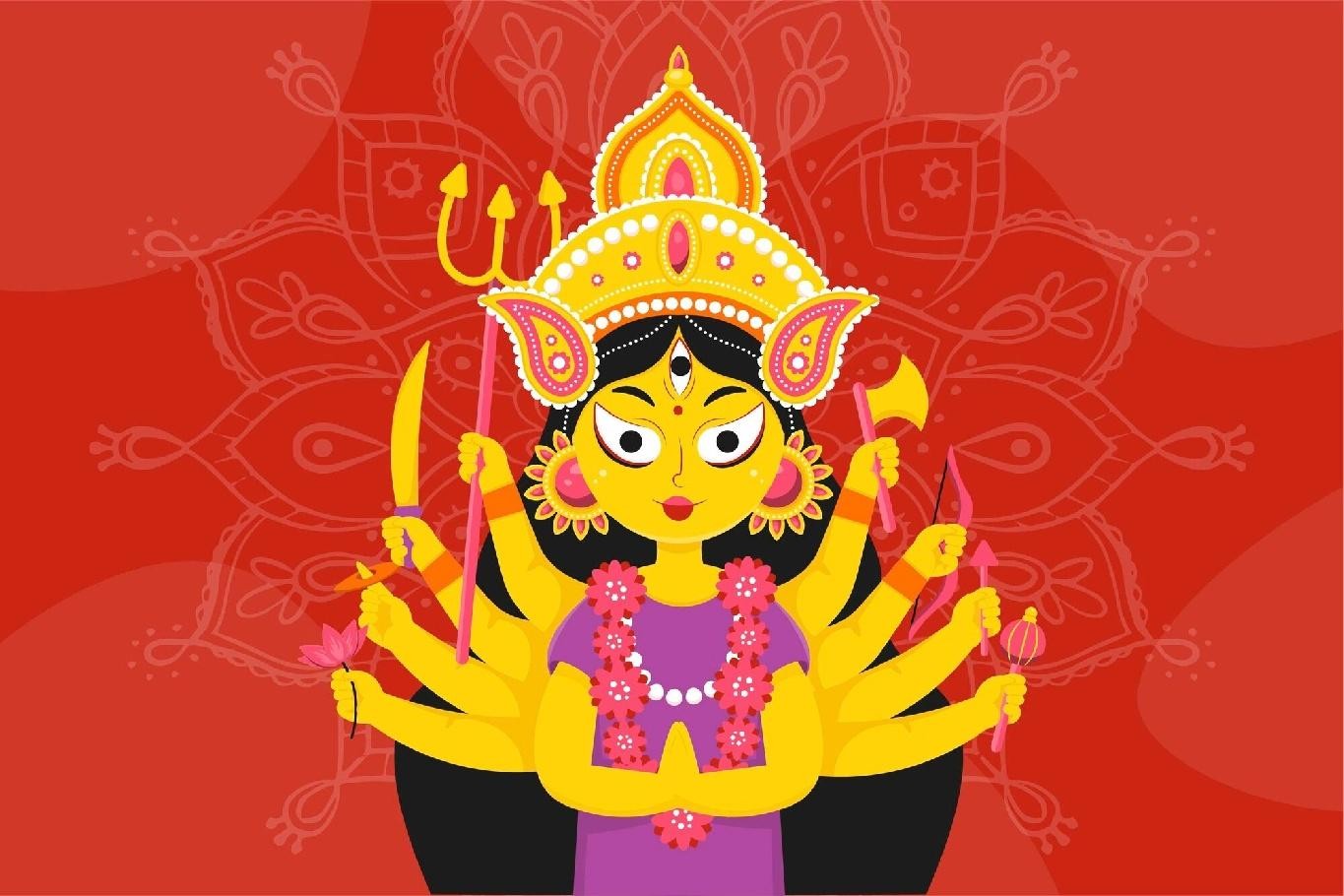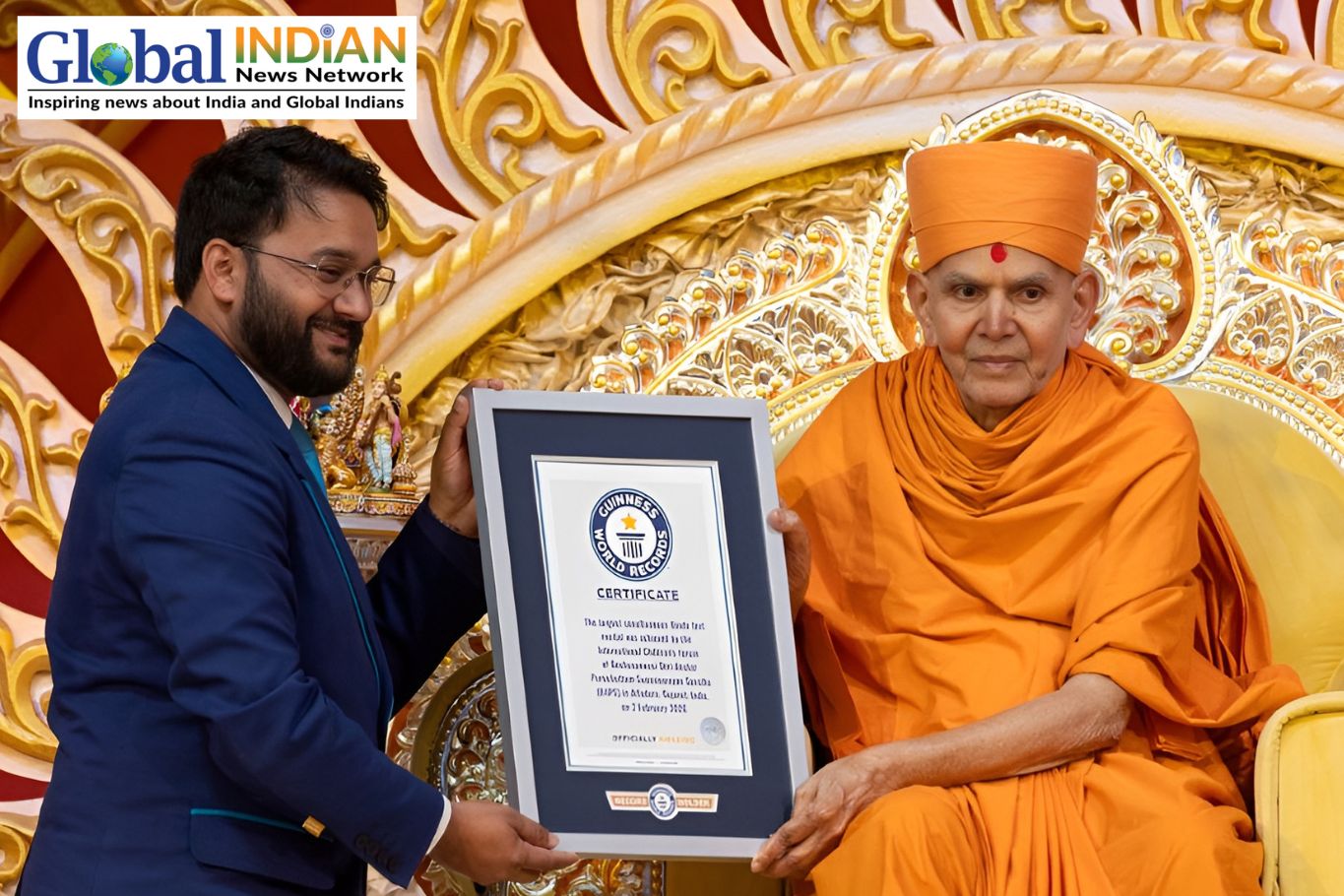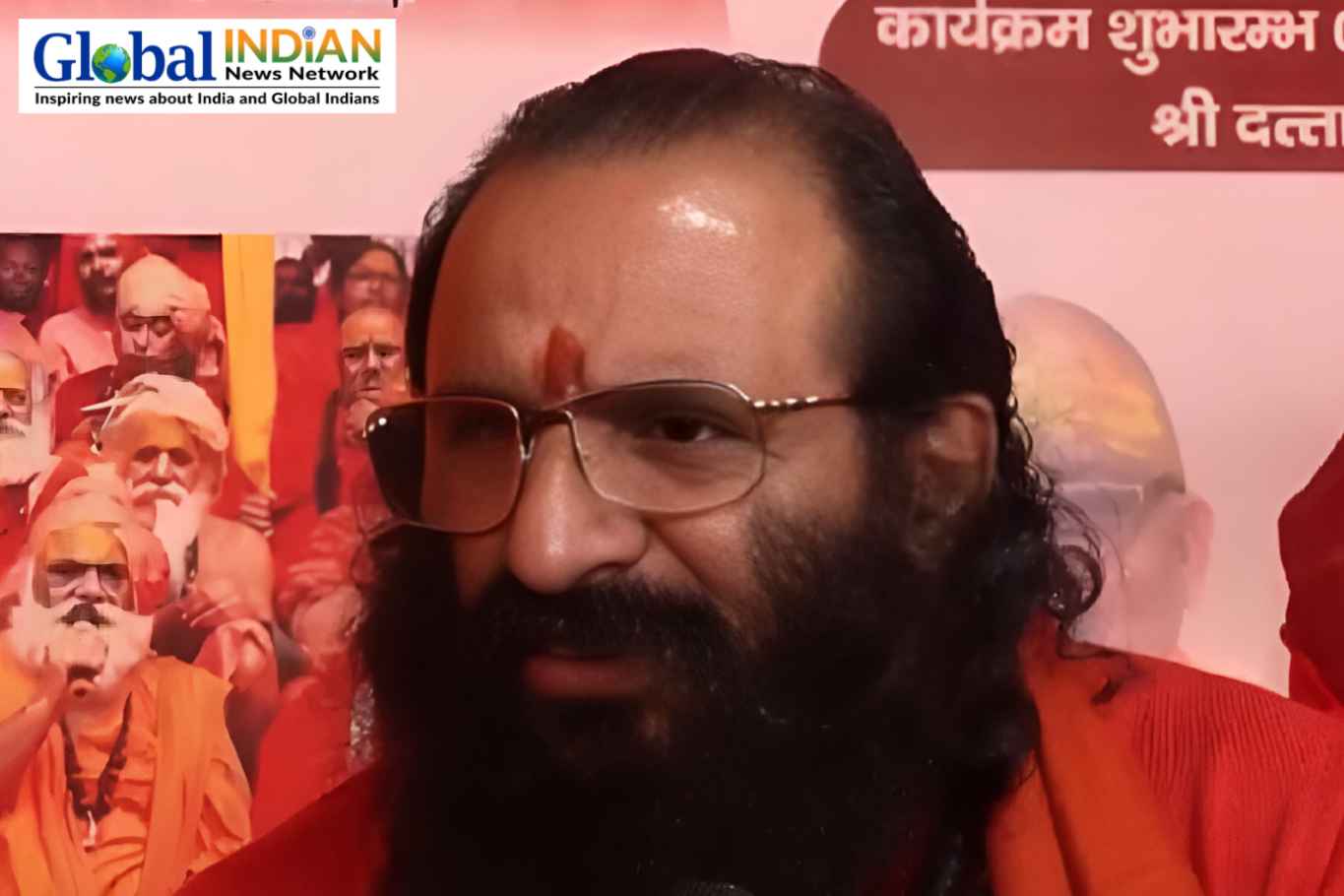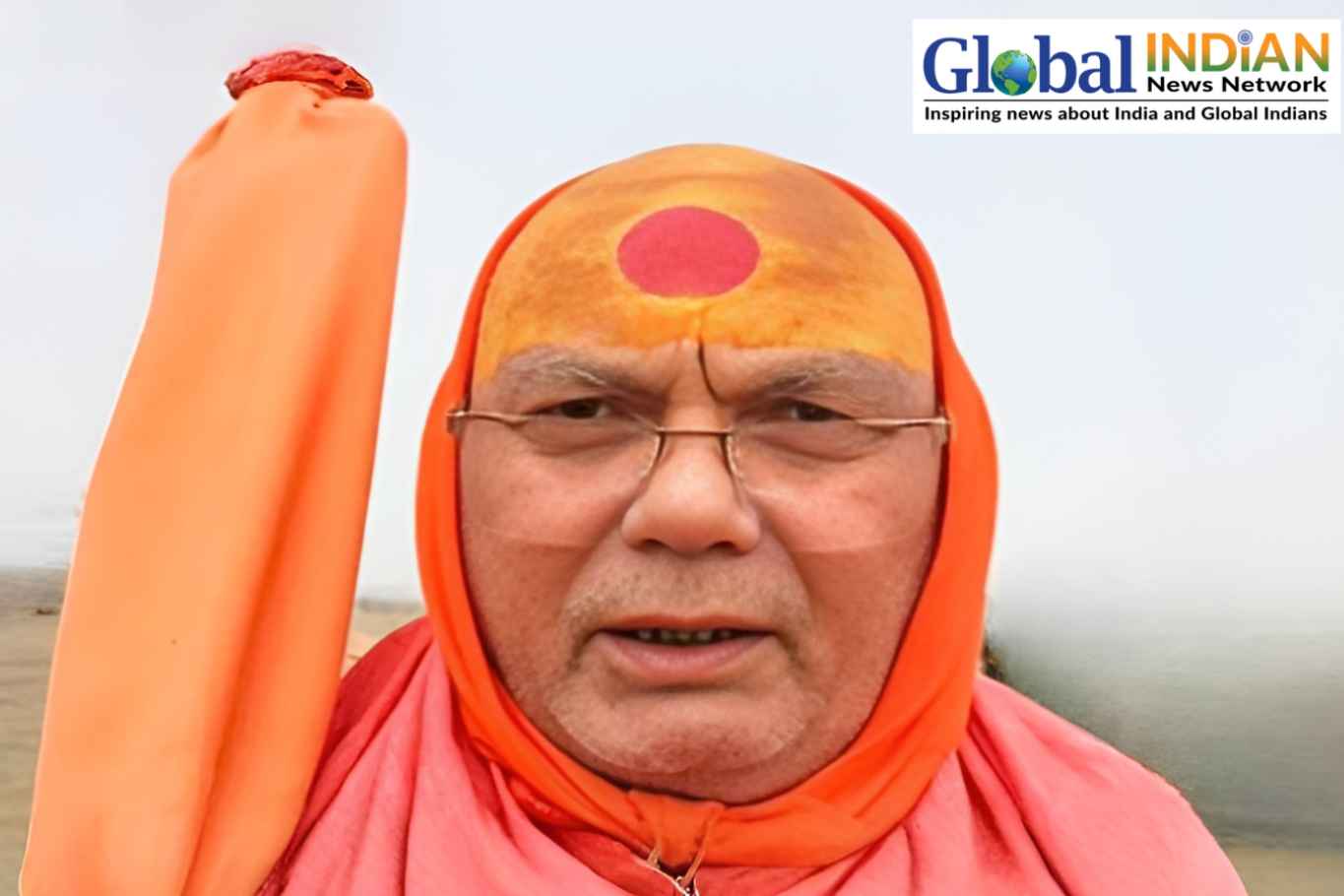
Preity Upala’s journey encompasses diverse roles, transitioning from an investment banker in Australia to a Hollywood and Bollywood actor, and now a film producer and podcast host in Los Angeles. Beyond her cinematic pursuits, she is recognized as a global strategist, sought after by international news organizations for her insights into diplomacy and foreign policy. Upala, a devout Hindu, perceives her varied endeavors as harmonious, drawing inspiration from the multifaceted aspects of the divine feminine within her cultural tradition.
In Hindu theology, the goddesses symbolize different manifestations of Shakti, the primordial cosmic energy representing the divine feminine, complementing the masculine energy embodied by Lord Shiva. Upala sees her own experiences as channels through which the Shakti energy expresses itself, reflecting the dynamic nature of femininity. Hindu scriptures, such as the Rig Veda, underscore the significance of Shakti as the creative force behind the universe, emphasizing the empowerment of women.
Rita Sherma, a Hindu theologian, emphasizes the dynamic and expansive nature of the feminine divine in Hinduism, transcending traditional gender roles. The goddesses, from Kali to Annapurna, epitomize various aspects of femininity, challenging stereotypes and binaries. Similarly, common Hindu deities like Lord Ram and Lord Krishna are worshipped alongside their female counterparts, highlighting the complementary nature of masculine and feminine energies.
For many Hindu women, reclaiming the divine feminine is a transformative journey. Shakti Redding, formerly Rachel from a Christian background, found solace and purpose in embracing Shakti, especially through practices like Tantra. Similarly, Sherma’s exploration of Mahadevi, the all-encompassing female deity, empowered her to embrace a new path aligned with her spiritual beliefs.
The recognition of feminine power extends beyond personal transformation to societal healing. Redding emphasizes the importance of balance between feminine and masculine energies in addressing global issues and fostering reconciliation. Upala advocates for a return to authentic representations of femininity and masculinity, rooted in Hindu principles, to counter toxic cultural norms and promote respect for all genders.
In a world grappling with evolving notions of feminism and power, Hindu women see themselves as catalysts for change, drawing from their rich cultural heritage. Upholding the principles of Shiva/Shakti, they envision a future where the innate wisdom and strength of the feminine are celebrated and shared with the world.










